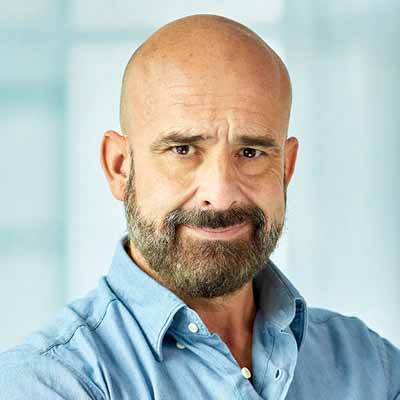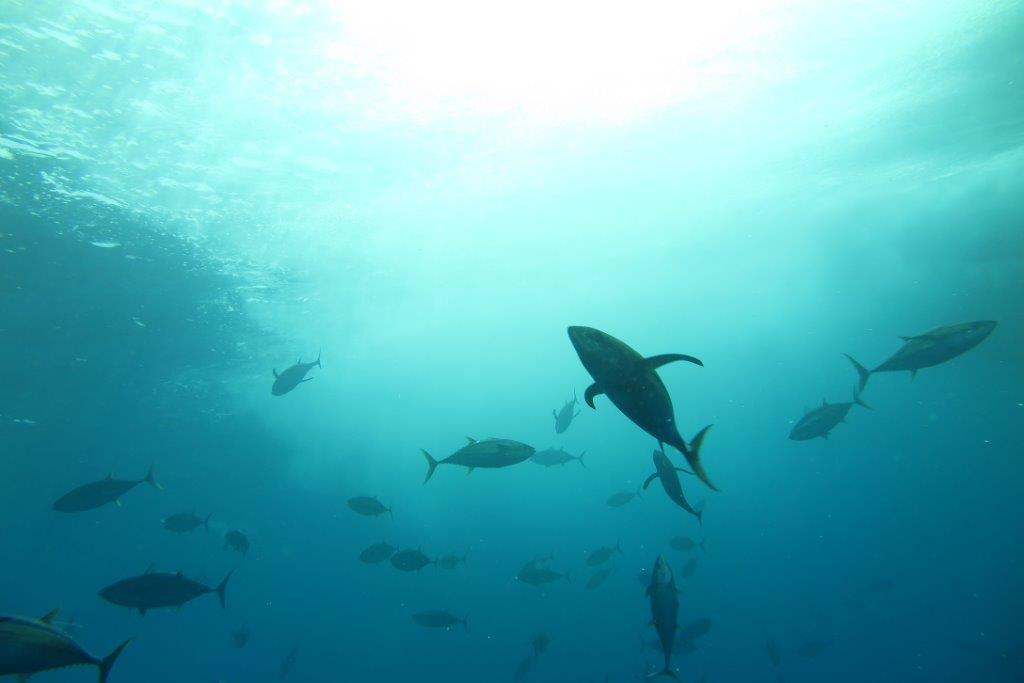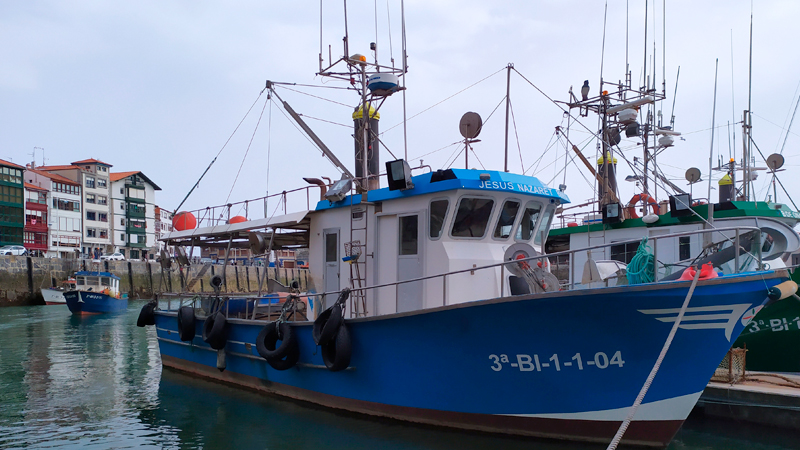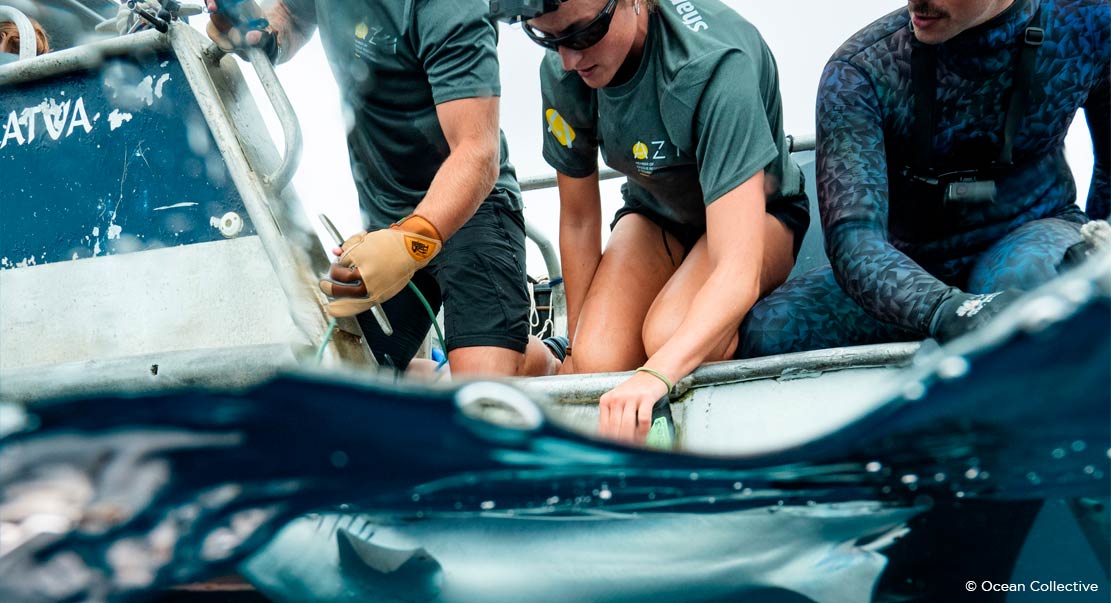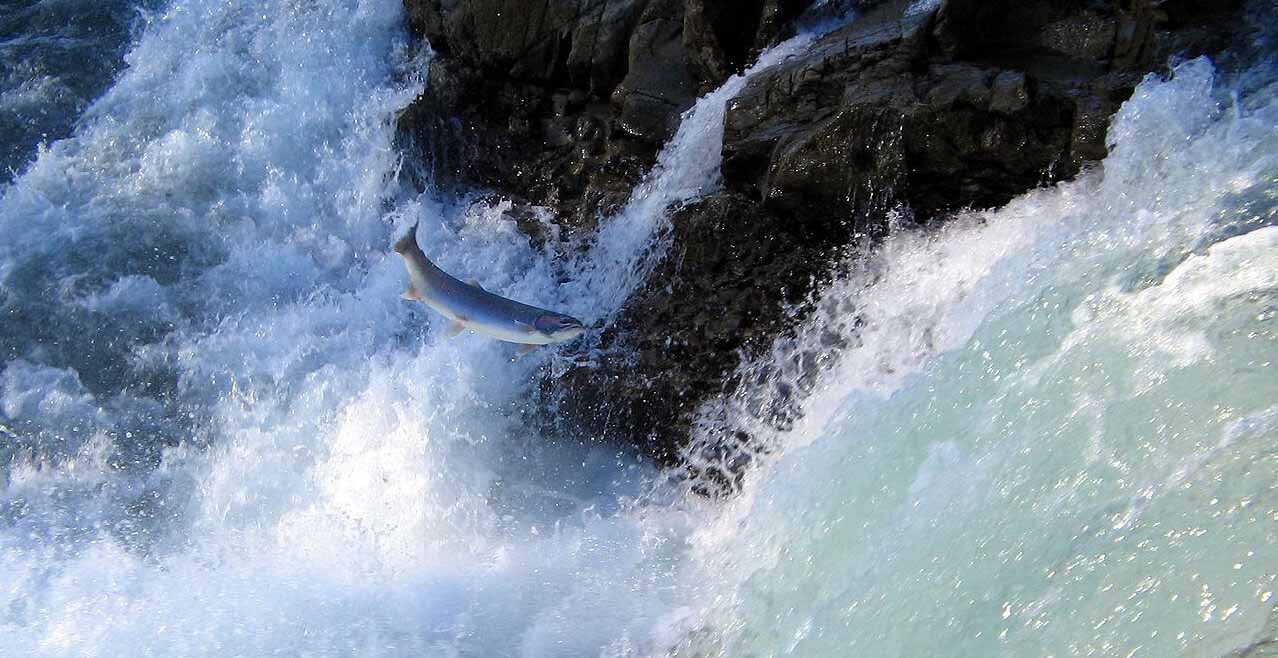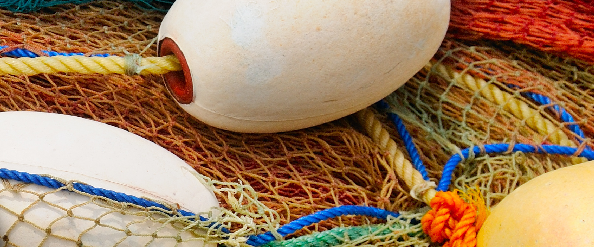ParaFishControl
Advanced tools and research strategies for Parasite Control in European Farmed Fish
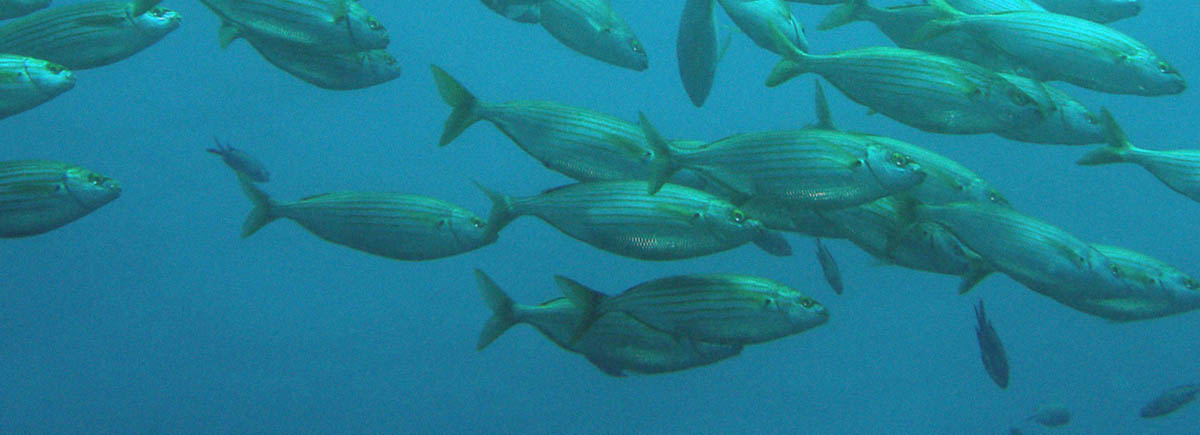
Fish is one of the world’s most important foods. Not only is it delicious, but it is also incredibly healthy and nutritious, acting as an important source of protein, vitamins, and fatty acids for the global population. These nutrients are associated with numerous health benefits. Farming of aquatic life, or aquaculture, is the fastest growing food producing sector worldwide and currently provides half of all fish eaten globally. If responsibly developed and practised, aquaculture can generate lasting benefits for global food security and economic growth.
However, disease is a major challenge for aquaculture production. In particular, parasites and the diseases they cause negatively affect fish health and welfare, leading to decreased productivity, higher costs for consumers and lower availability of fish products. Most of these aquaculture parasites initially come from local wild fish stocks. Prevention and management of parasites in aquaculture will improve fish well-being, industry sustainability and food security, for the benefit of food producers and consumers.
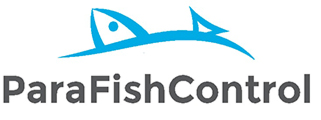
Objective
ParaFishControl aims to improve our understanding of fish-parasite interactions and will develop innovative solutions and tools to prevent, control and mitigate the most harmful parasites which affect the main fish species farmed in Europe including Atlantic salmon, rainbow trout, common carp, turbot, European sea bass, and gilthead sea bream.
Aquaculture is the fastest growing food producing sector worldwide, currently providing half of all aquatic animals for human consumption. If responsibly developed and practised, aquaculture can generate lasting benefits for global food security and economic growth.
Parasites and related infections can cause significant damage to farmed fish resulting in poor growth performance, impaired welfare and high mortality rates, which can significantly hamper aquaculture production and economic performance. Disease prevention and management are essential for the sustainability of the aquaculture industry.


Project
ParaFishControl is an EU wide research project carrying out innovative research to better understand fish parasites, and developing tools to monitor disease, novel preventive measures and advanced treatments for infected fish. Researchers collaborate with industry partners to build on existing solutions and develop new technologies that can be applied efficiently. The scientists involved work to uncover important details of parasite biology, including the ways they can affect fish health.
Sophisticated tools and tests are in development so that parasites can be detected as early as possible. And focus is placed on environmentally friendly solutions for the industry, which improve fish health and welfare, ensuring the supply of safe food for consumers. ParaFishControl shares findings and knowledge outputs directly with the European aquaculture industry, so that new solutions can be rapidly implemented. In this way, we can continue to enjoy safe, sustainable, high-quality fish, today and in the future.
Expected Results
ParaFishControl will increase our knowledge of parasite biology and interactions with fish hosts of commercial interest. The project will develop prophylactic measures, diagnostic tools and methods to detect parasites in fish and the environment. It will develop new products and innovative strategies for the control and management of parasitic diseases. An innovative Food Safety Programme will be established to guard against the possibility of fish parasites affecting the consumer and strengthen the competitiveness and public image of European aquaculture.
Project’s information
| Partners |
The consortium comprises 29 partners (20 academic and public organisations, 6 SMEs and 3 research and industrial enterprises) based in 13 European countries, who are considered leaders in their respective domains of expertise |
| Funding |
European Union’s Horizon 2020 research and innovation programme |
| Lenght |
2015-2020 |
| Further information |
